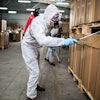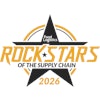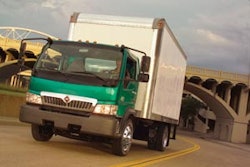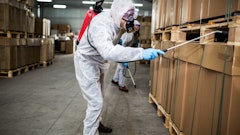In recent years, the number of product recalls has dramatically increased to the point that consumer confidence in the safety of the food supply chain has begun to wane. There are many reasons for the trend, such as not having enough safety inspectors in plants, complexity as well as globalization of food production and changing consumer diets-people are eating more meat and produce-products that are more easily contaminated.
Big recalls involving big companies are becoming the norm. Last year, ConAgra Foods recalled Peter Pan Peanut Butter and Banquet Chicken and Turkey pot pies after they were linked to salmonella. Topps, one of the largest distributors of hamburger patties in the country, declared bankruptcy after recalling 22 million pounds of beef due to E. coli contamination. Just last month, General Mills Inc. and Nestle had to recall products that contained beef that their suppliers got from the Westland/Hallmark Meat Packing Co., the firm that recalled 143 million pounds of beef earlier in the year-the largest meat recall in U.S. history. And the list goes on.
As Carol Casper reports in this issue's cover story, "Tracking From Farm To Fork", no one wants to think a product recall will happen to them, but as the media continually points out, it can happen to even the most well-respected brands and corporations.
While companies can and do take the necessary precautions to avoid recall situations, food safety is not foolproof. The key to the survival and recovery of a recall lies in taking the necessary preparations beforehand. While there is a heightened awareness of recall readiness, too few companies actually have a plan. And there have been no industry-wide procedures that have been put in place for managing retails. Until now.
Last year, the Grocery Manufacturers of America and the Food Marketing Institute formed a joint committee to develop recommendations for a uniform communication protocol for product recall management. At GMA's Information System/Logistics Conference held earlier this month, Jeffrey Ansell, the CEO of Pinnacle Foods Group LLC and co-chair of the joint FMI/GMA product recall initiative, said the industry has no standards for handling product recalls.
"There's no best practice guides for manufacturers and retailers to benefit from the experience of others," said Ansell. "When a recall hits, it's pretty much going about it your own way. A roadmap to facilitate product recalls has never been created, so our intent is to achieve industry alignment and broad communication of product recall protocol. We're developing a best practice roadmap for retailers and manufacturers to follow."
The group is working with The New England Consulting Group to develop the protocol and they're currently beta testing the best practices with manufacturers and retailers. They plan to release the results within the next couple of months and roll it out on a larger scale later in the year. We will be covering this story in more depth in an upcoming issue, so stay tuned. If you've been trying to figure out how to deal with a recall, help is on the way.
Kathy Doherty,
[email protected]




















